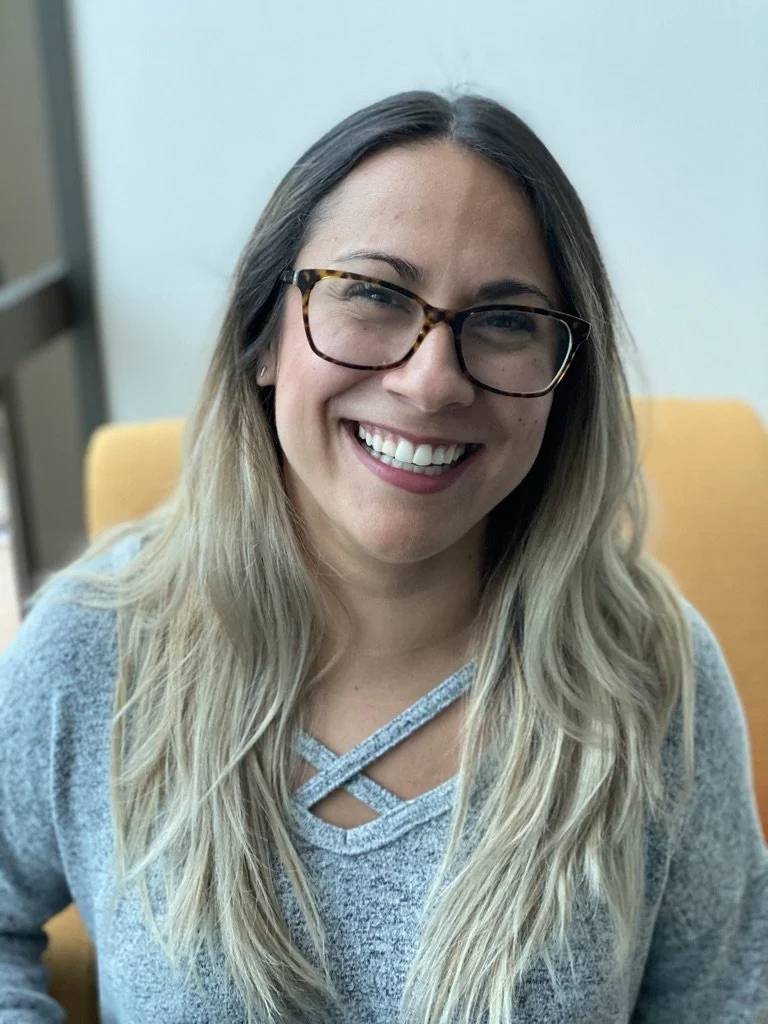
Obsessive-Compulsive Disorder (OCD)
OCD is one of the most misunderstood and misdiagnosed mental health conditions.
Even professionals will miss OCD, unless well trained in recognizing and treating it. In fact, over a third of mental health professionals and over half of primary care physicians misdiagnosed OCD when presented with patient symptoms in studies (Glazier et al., 2013, 2015). It is no wonder that the average person suffers with OCD 7-17 years before receiving the right diagnosis (Hezel et al., 2022)!
So what are we all missing? Well, OCD, like autism, is heavily stereotyped. Many clients don’t even realize they have OCD until we begin work together.
What is OCD?
Everyone experiences intrusive thoughts and ideas at some point. But those of us with OCD attach meaning to those ideas. OCD robs you from trusting your own senses, reality, and identity. Instead of brushing off a random worry or thought, you become consumed with the idea (obsession). It becomes so distressing that you feel like you need to do something about it (compulsion). OCD keeps you locked in a cycle of attempting to solve, figure out, or avoid intense discomfort that it created for you. The worst part is, no matter what you do, the intrusive thought never goes away for good!
Obsessions aren’t always intrusive thoughts. They can be urges, ideas, sensations, or images. Regardless of the type of obsession, it creates intense distress that pulls you to either avoid what triggered it, seek reassurance, ruminate on the problem, or do something to “solve” the obsession. These are compulsions. For a lot of my clients, compulsions are not visible behavior, but rather mental rumination and “figuring it out.”
The IOCDF website is a great resource to learn more about OCD, subtypes, and how to get better.
You may have OCD if you can’t stop…
Taking extreme measures to prevent getting dirty or sick
Worrying about being responsible for something terrible happening
Trying to adjust your surroundings or appearance or tasks
Checking emails, messages, or work for mistakes
Doubting your gender or sexuality
Worrying you could be an evil, disgusting, or perverted person
Praying or attempting to “make good” with God
Wondering if you have repressed memories
Thinking about the meaning of life, purpose, death, or the universe
Evaluating your relationship
Trying to do better, get better, or achieve better
Doing exhausting “mental accounting” for how you spend your time or resources
Dr. Stephanie’s Approach
Living with OCD can be cruel and isolating. Many of my clients are tortured by shameful and terrifying ideas. Loved ones are well intentioned but don’t quite understand how to help. I am so honored and delighted to partner with you, no matter how hard or weird or complicated your brain makes things. As a neurodivergent and autism-knowledgeable clinician, I help you navigate that line between challenging OCD and accommodating neurodivergent needs. I focus on what matters to my clients, rather than a cookie cutter manualized treatment approach. I adapt evidence-based treatment to the unique needs of my neurodivergent and multilayered clients.
OCD Treatment Options
-

Exposure Response Prevention (ERP)
Long considered the “gold standard” of OCD treatment, ERP focuses on helping you re-engage in life without compulsions. I utilize an Acceptance Commitment Therapy (ACT) based ERP approach to tie our work to your actual values and what you want to get out of life, rather than just stomping out compulsions.
-

Inference-Based Cognitive Behavioral Therapy (I-CBT)
Many neurodivergent people find I-CBT to be a gentler, affirming approach to OCD. Instead of focusing on eliminating compulsions, I-CBT helps you thoroughly understand the workings of your specific OCD so that you can regain trust in yourself rather than the doubts OCD creates.
-

Supportive Parenting for Anxious Childhood Emotions (SPACE)
SPACE is an evidence-based treatment approach that works directly with caregivers to equip them with the tools to reduce anxiety in their child or loved one. SPACE was developed by Dr. Eli Lebowitz, Director of the Program for Anxiety Disorders at the Yale Child Study Center. What is unique about SPACE is that the anxious person doesn’t have to participate directly in sessions, and yet experiences significant reduction in their symptoms! It is an ideal approach for clients who may not be ready or able to participate directly in therapy and found to be just as effective as individual CBT (e.g., Lebowitz et al., 2019).


